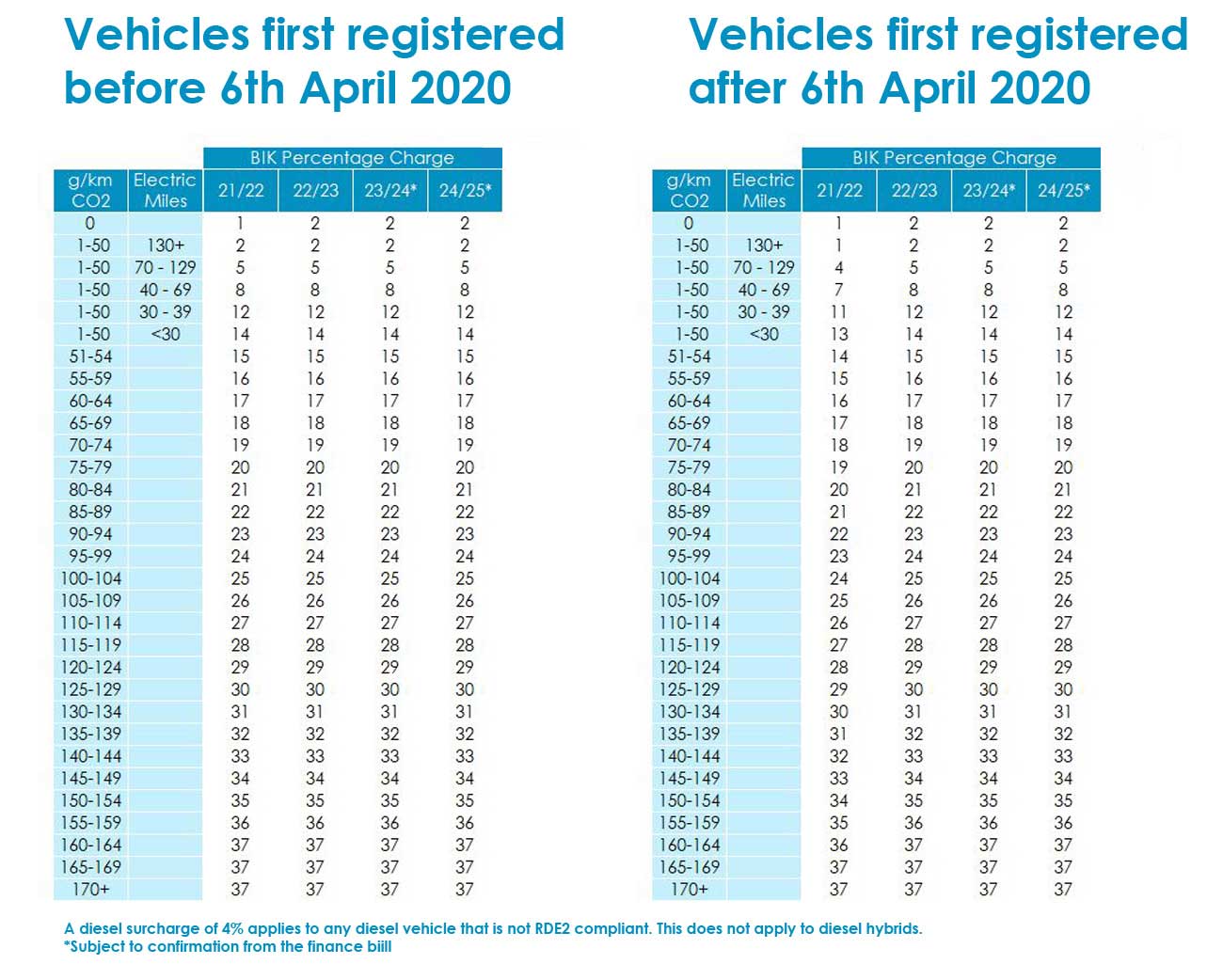Imagine stepping into a car dealership, eager to drive away in your dream car. Amidst the excitement, a nagging question lingers: how much will I be paying in car taxes? Connecticut’s car tax system can be a puzzle, but fret not! Join us on a journey to unravel its intricacies, empowering you with the knowledge to navigate this financial landscape confidently.

Image: www.wessexfleet.co.uk
Demystifying Connecticut’s Car Tax Code
Connecticut’s car tax is not a flat fee; rather, it is calculated based on the vehicle’s assessed value, which is set by the commissioner of the Department of Motor Vehicles. The formula for car tax calculation is:
- Assessed Value x Mill Rate x 0.75
Let’s break down these components:
- Assessed Value: This value is typically 70% of the vehicle’s market value as determined by the DMV.
- Mill Rate: Each municipality has its own mill rate, which is a tax rate calculated by dividing the total amount of property tax to be raised by the total assessed value of all taxable property.
- 0.75: This is a constant factor applied to the calculation.
Municipality Matters: Exploring Mill Rates
As mentioned earlier, mill rates vary from town to town. Here are examples of mill rates in several Connecticut municipalities:
- Bridgeport: 47.63
- Hartford: 74.52
- New Haven: 37.95
- Stamford: 29.73
For instance, if your vehicle’s assessed value is $15,000 and you reside in Bridgeport with a mill rate of 47.63, your car tax would be:
- $15,000 x 47.63 x 0.75 = $531.94
Reducing Your Car Tax Burden: Unveiling Exemption Options
Connecticut offers various exemptions that can reduce your car tax liability. These exemptions include:
- Veterans Exemption: Veterans with disabilities or who served during wartime may qualify for a partial or full exemption.
- Senior Citizen Exemption: Individuals aged 65 or older may be eligible for an exemption of up to $1,000.
- Disabled Exemption: Individuals with disabilities may qualify for an exemption of up to $1,000.
- Antique Vehicle Exemption: Vehicles that are at least 25 years old and meet certain criteria may be exempt from property tax.

Image: haipernews.com
Streamlining Your Car Tax Payments: Navigating Payment Deadlines
Connecticut car tax is typically due biannually in July and January. You can pay your car tax online, by mail, or in person at your local tax collector’s office. Remember to include the stub attached to your tax bill when submitting payment.
Ensuring Accuracy: The Importance of Property Revaluation
Municipal revaluations reassess the value of all properties, including vehicles. Revaluations are typically conducted every few years to maintain accuracy in property tax assessments. Be aware that a revaluation can impact your car tax liability.
Empowering Taxpayers: Accessing Car Tax Estimators
Several online calculators can help you estimate your car tax liability. These tools can provide a rough approximation of your tax bill, subject to the accuracy of the estimated assessed value.
Appealing Your Car Tax Assessment: Asserting Your Right to Object
If you believe your car tax assessment is inaccurate, you can file an appeal with your local Board of Assessment Appeals. You will need to provide supporting documentation to justify your appeal.
How To Calculate Car Tax In Ct
Conclusion: Unlocking Financial Clarity
Calculating car tax in Connecticut need not be an enigmatic quest. By comprehending the assessment process, mill rates, and exemption options, you can confidently navigate the tax landscape. Embrace the knowledge you have gained, utilize the resources provided, and strive to minimize your tax liability while ensuring compliance. Remember, empowered taxpayers are better equipped to manage their financial futures.